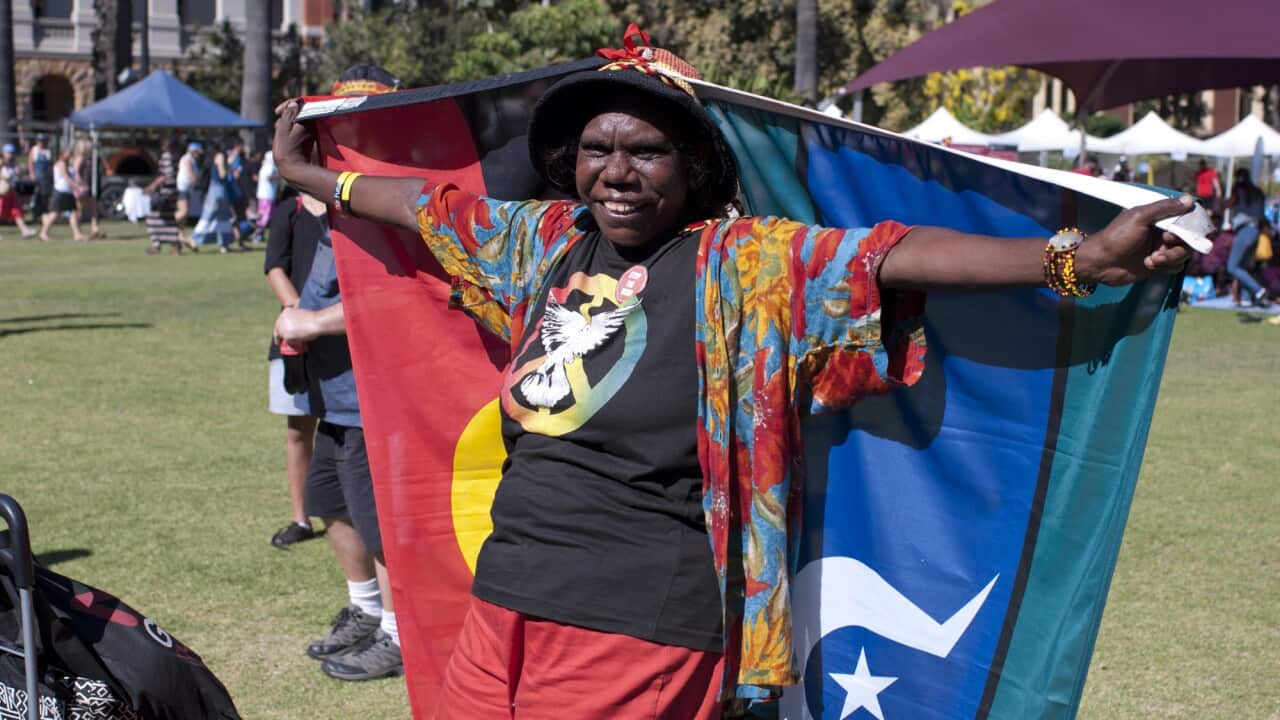For International Women’s Day National Indigenous Television (NITV) looks at the many Aboriginal and Torres Strait Islander women in Australia who have done tremendous things to advance basic human rights of Australia’s First Peoples and contributed in momentous ways to the greater nation.
The day, Sunday 8 March, is also a time to reflect on the changes needed to eliminate discrimination faced by Indigenous women in the country.
The United Nations Human Rights Council says Indigenous women are the to experiencing compounded discrimination, including race and gender, age and disabilities. However, Australia has been criticised for its consideration of human rights. In the council’s Universal Periodic Review of Australia in 2011, the Joint Submission highlighted that Australia had of which it is party to, into domestic law.
The Australian Human Rights Commission noted in the same report that a lack of “entrenched guarantee” of non-discrimination in the Constitution was of particular concern due to current laws that discriminated against Indigenous peoples on the basis of race. It added that anti-discrimination laws at the federal, state and territory level, including the 1984 Sex Discrimination Act, was inconsistent and not comprehensive.
In a , the Australian Council of Human Rights Authorities expressed concern that the work of the National Congress of Australia’s First Peoples had suffered a $15 million budget cut that may greatly constrict its work to advance the basic human rights of Australia’s First Peoples.
It stated that Aboriginal and Torres Strait Islander women were 45 times more likely to be victims of domestic violence, and 35 times more likely to be hospitalised as a result of violence-related assault than non-Indigenous Australians. It emphasised the importance for Indigenous women to access legal services that were “culturally appropriate and adequately funded” that supported “the full engagement of Aboriginal and Torres Strait Islander women in designing and delivering these services”.
“It is vitally important that Aboriginal and Torres Strait Islander women know their rights, know how to access these rights and can access culturally safe, trauma informed services that provide ongoing holistic support,” said Ms Shannon Williams, Senior Community Access Officer, Women’s Legal Services NSW Indigenous Women’s Legal Program.
Ms Williams added that it was important that Aboriginal and Torres Strait Islander women had a choice of legal services that they could access and that services that met their health, housing, justice and legal needs were adequately and sustainably funded.
Timeline of progression of women’s rights in Australia
- 1902 non-Indigenous Australian women allowed to vote
- 1903 First female elected to parliament
- 1905 A bill was introduced into Queensland Parliament allowing non-Aboriginal women to vote.
- 1911 First International Women’s Day
- 1912 Maturity allowance act was introduced
- 1950 Female basic wage set at 75% of the male basic wage
- 1962 Indigenous people allowed to vote
- 2010 First Indigenous women elected to the UN body
- 2013 First Indigenous women elected to Federal Parliament

